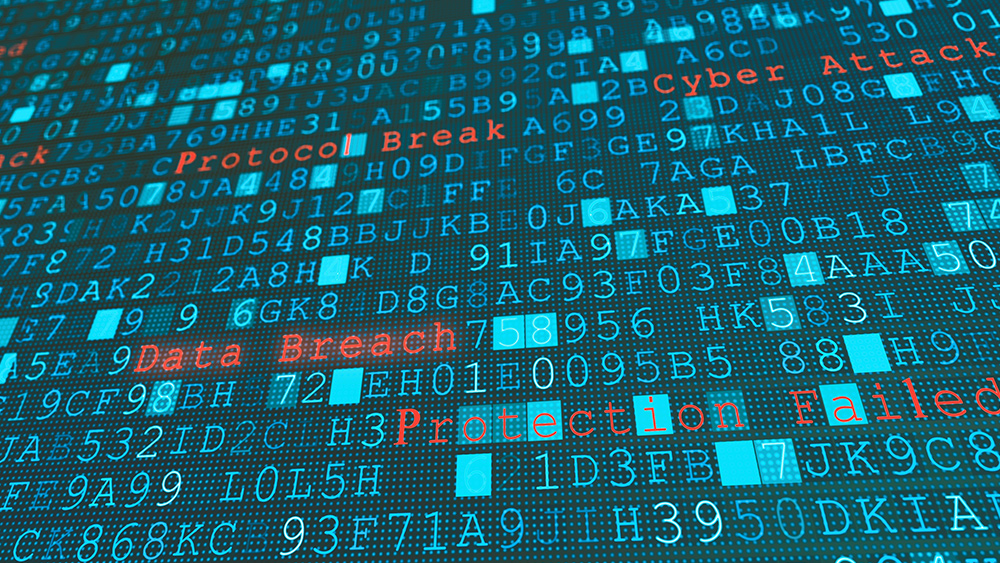
The alleged kingpin behind a global cybercrime network has been arrested through the collaborative effort of three law enforcement agencies, putting an end to a harmful malware operation.
The Malta Police Force (MPF) arrested 27-year-old Daniel Meli on Feb. 7, with three agencies – namely the Australian Federal Police (AFP), the U.S. Federal Bureau of Investigation (FBI) and the European Union Agency for Law Enforcement Cooperation (Europol) – working together for this purpose. An intelligence report from the AFP confirmed the cyber criminal's arrest.
A separate report by the FBI said the Maltese national backed the Warzone remote access Trojan (RAT) malware. Warzone allows attackers to control computers remotely, access files, record keystrokes, steal login details and spy through webcams in Australia and worldwide.
The FBI added that Meli had provided malware products and services for sale to cybercriminals through online computer-hacking forums since 2012. He allegedly helped cybercriminals trying to utilize RAT software for malicious purposes and offered teaching tools for sale, including an e-book.
Meanwhile, AFP Commander Chris Goldsmid stated people with malicious intent purchased the subscription software for as little as A$25 ($16) monthly, allowing them to target both businesses and individuals.
"For a small cost, individuals with nefarious intentions could purchase software that would allow them to gain access to a victim's computer and personal information," Goldsmid said. "Cybercrime is increasing in scale and frequency, and it is important the public takes proactive steps to keep their personal information safe."
People inadvertently installed the malware on their systems by downloading email attachments or clicking on links to seemingly legitimate websites. According to Goldsmid, this boiled down to criminals thinking outside the box. (Related: FBI warns of “Phantom Hacker” scams WIPING OUT senior citizens’ life savings.)
"These criminals are not bound by traditional borders, which means law enforcement agencies have to unite to make a lasting impact," he said. The AFP commander added that police officers collected important information, along with the details of people who purchased the malware.
"This operation is an example of what the AFP's International Network can accomplish with partners like Europol and the FBI. This is not the end of this investigation. With the intelligence we have gathered, we will be working with our partners at Europol and the FBI to track down those who have purchased this software."
Sites and host servers for Warzone also taken down
The operation did not only involve Meli's arrest. Law enforcement also closed down sites and host servers to prevent the Warzone malware from being used by more cyber criminals in the future.
In a separate operation done on the same day, 31-year-old Prince Onyeoziri Odinakachi was arrested in Nigeria. According to reports, the Nigerian allegedly offered customer support to individuals who bought and used the Warzone malware from June 2019.
The U.S. Department of Justice said Odinakachi was charged by a federal grand jury in the district of Massachusetts on Jan. 30. The charges against him include conspiracy to commit multiple computer intrusion offences, including acquiring authorized access to protected computers to obtain information and causing unauthorized damage to protected computers.
A month prior in December 2023, a federal grand jury in Georgia charged Meli with causing unsanctioned damage to protected computers, illegally selling and advertising an electronic interception device and participating in a conspiracy to commit numerous computer intrusion offenses.
"Daniel Meli will no longer escape accountability for his actions selling malware. This alleged cybercriminal facilitated the takeover and infection of computers worldwide," said U.S. Attorney Ryan K. Buchanan. "Our office was proud to partner with our federal and international counterparts to find Meli and bring him to justice."
Meanwhile, FBI Cyber Division Assistant Director Brian Vorndran said the arrests show the bureau's dedication to shutting down cybercriminals and demolishing their networks. "The FBI is proud of the international coordination involved in this law enforcement effort, and we will continue to build global partnerships," he said.
Follow Glitch.news for more stories about cybercriminals and cybercrimes going on around the world.
Watch the video below about 14 million U.S. homeowners being hit by a massive cyberattack.
This video is from the Thisisjohnwilliams channel on Brighteon.com.
More related stories:
LAZARUS HEIST: The international ATM theft that bagged $14M in just over 2 hours.
Sources include:
Please contact us for more information.













